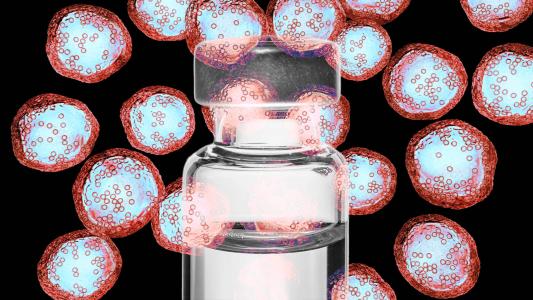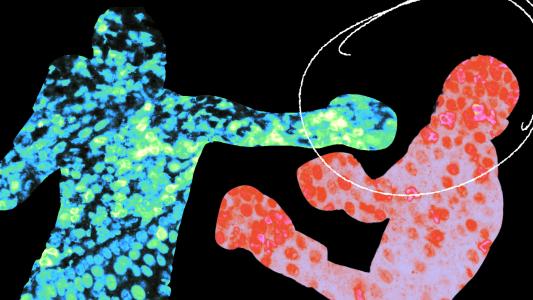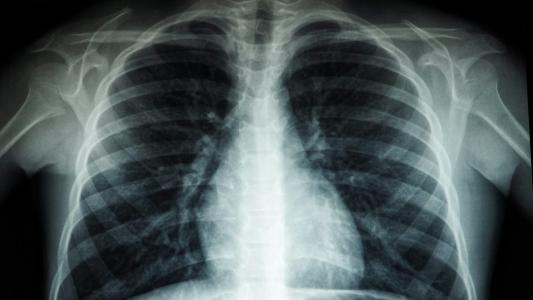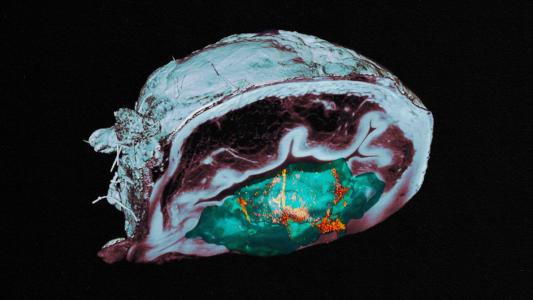Cancer
New study challenges long-held assumption about cancer
Genetic mutations may not be necessary for cancer to develop, challenging a long-held assumption about the disease.
Personalized cancer vaccines are having a moment
Personalized cancer vaccines were a recurring theme at the annual meeting of the American Association for Cancer Research in 2024.
Cancer vaccine for dogs appears to nearly double survival rate
Yale researchers have developed a cancer vaccine for dogs that appears to increase their 12-month survival rate from 35% to 60%.
How the “powerhouse of the cell” could be cancer’s Achilles heel
Salk Institute researchers have found that rewiring mitochondria could make cancer cells visible to the immune system.
Scientists stole a mutation from cancer and used it to kill tumors
Inserting a mutation found in cancer cells into CAR-T cells enabled them to kill a variety of solid tumors in mice.
New hope for early pancreatic cancer intervention via AI-based risk prediction
To train their machine learning models, MIT researchers used electronic health record data from various institutions across the U.S.
Inhalable sensors could enable early lung cancer detection
MIT engineers have designed diagnostic particles that can be aerosolized and inhaled to find cancer-associated proteins in the lungs.
Drinking this foam could boost an experimental cancer therapy
A drinkable foam packed with carbon monoxide molecules appears to boost the cancer-killing effects of autophagy inhibitors.
Immune cells linked to allergies can kill cancer
The newly discovered cancer-killing abilities of a type of immune cell linked to allergies suggests it could be a new immunotherapy.
Urine-propelled nanobots shrink bladder tumors by 90% in animals
Tiny, radioactive nanobots propelled by urine shrank bladder tumors by 90% in mice, suggesting a new way to target the disease.









